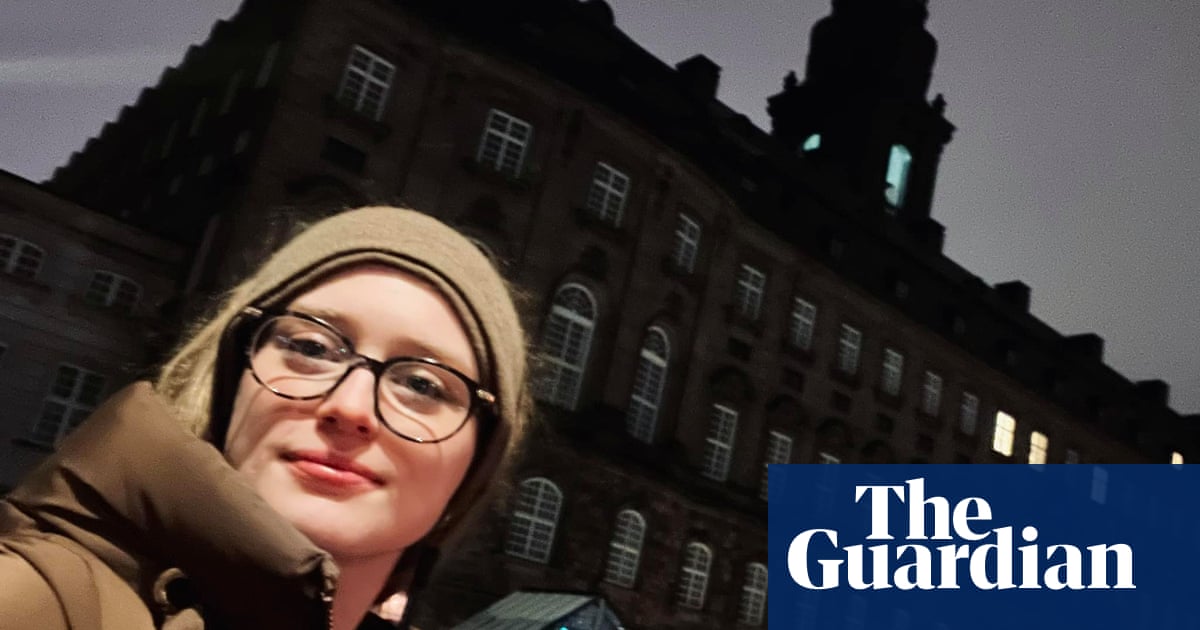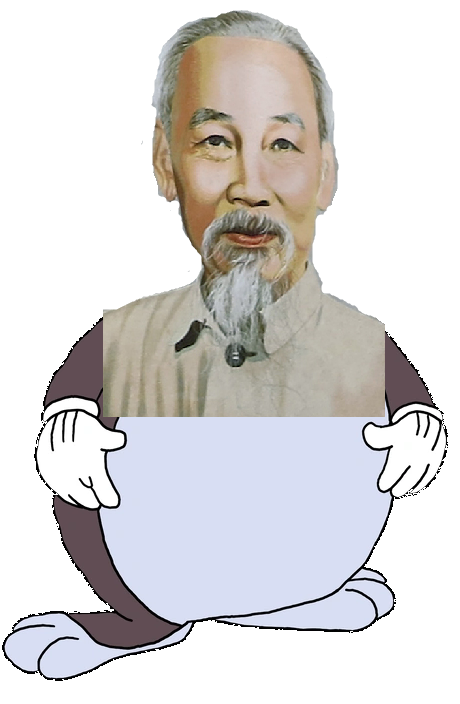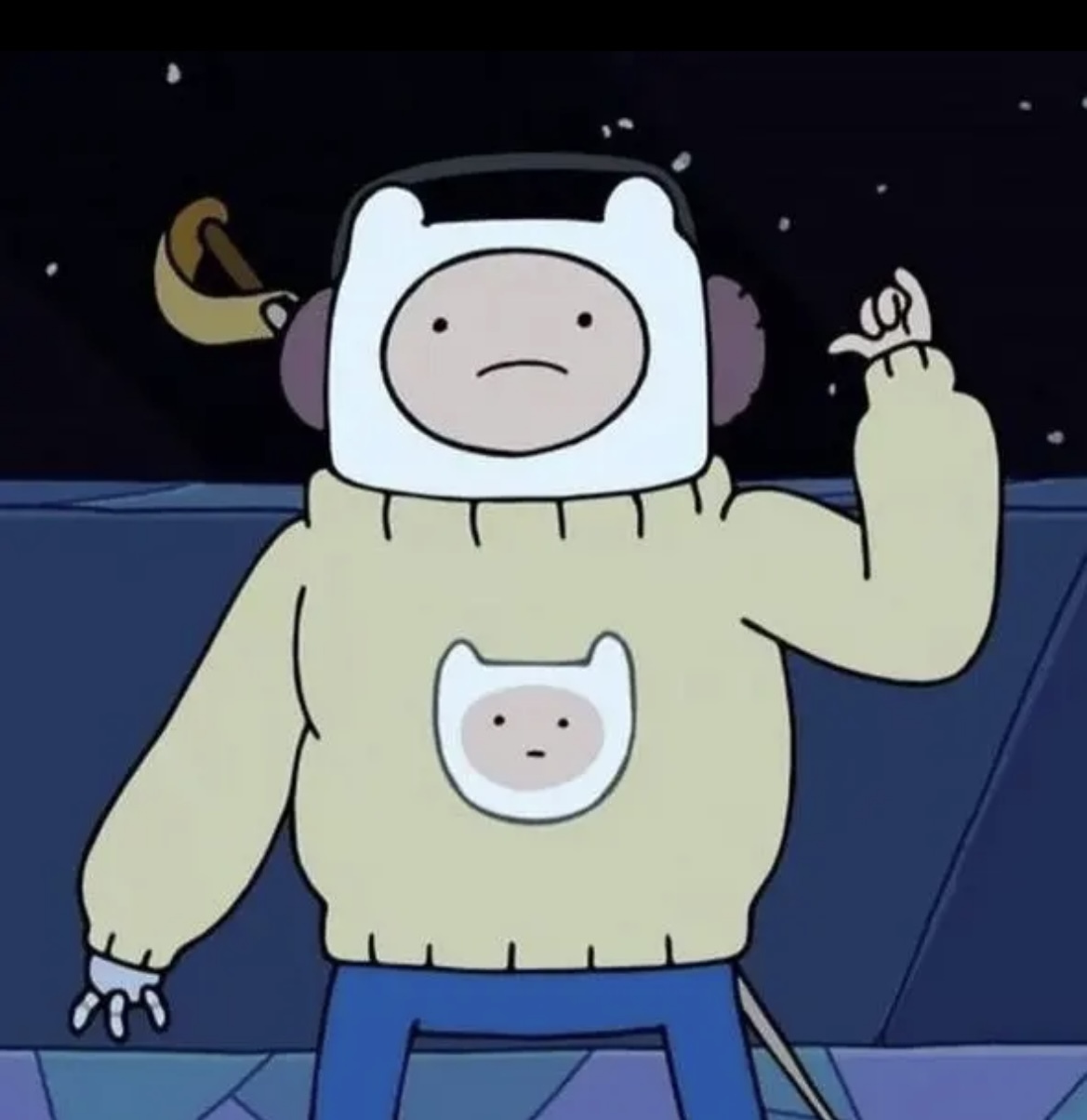:gigachad: : “We are no longer afraid to speak out. We are not afraid to use our voice and our language. The spirit of change is here, and the next step in the right direction would be state formation."
1814: Norway declares independence from Denmark
1944: Iceland declares independence from Denmark
20XX: Greenland declares independence from Denmark
maybe throw the Faroes in there too
The year is 21XX. Sea levels have risen three meters and are on track to rise another thirteen by 2300 after the failures of COP107. Following the inundation of the Netherlands at the turn of the century, twenty million Dutch refugees have been re-settled in the North European Federation. Meanwhile, Danish nationalists have been victorious in their independence referendum. Citing German chauvinism, many Danish nationalists place blame on the CDU for the Flooding of Copenhagen. Indeed, the CDU-SPD coalition government of 2094 refused to build seawalls in Copenhagen arguing that exorbitant prices made it unfeasible.
:guaido-despair:
Jørgen Guaido becomes interim president of the new independent Denmark
1042: England declares independence from Denmark
1946: The Faroe Islands declares independence from Denmark. "No you don't" says the Danish king and dissolves the Faroese government with unanimous support from every Danish political party.
I talked to a Greenlander about this once on the internet (never yet had the chance to in real life) and he said basically everyone supports it, but some people are radical "let's break away now, independence above all", and other people want a cautious approach that could take decades, figure out a stable economy first, plan carefully.
I don't know much about Greenland but doesn't the Norse settlement actually precede the Inuit settlement by a couple of centuries?
Nah the indigenous people were there way longer, I think they just lived further north.
Yes, but didn't the Inuit come from Canada to Greenland? The indigenous people in the North weren't Inuit I don't think.
Ahhh, possibly. Did some digging and NATOpedia says there were multiple waves of migrants from Canada but that the ancestors fo the modern Inuit were already there by the time the Vikings arrived.
Craziest thing about the history of Greenlandic settlement is that people lived in the far north of it 2400 years ago https://en.wikipedia.org/wiki/Frigg_Fjord
I don't know their ethnicity.
not that it would matter much since that settlement only lasted until the 1500s. The Danes colonized Greenland again in the 1700s.
Karsten Hønge, the guy who got angry at her for speaking the official language of her constituents, is a MP for the so-called People's Socialist Party by the way. The party started out as an early Eurocommunist organisation when the Danish communist party split in 1956. Since they have developed into a toothless "succdems but with more wind turbines and less weird about LGBT and non-white people" party.
When Høegh-Dam had finished her speech in Inuit Hønge asked her a tiresome gotcha question about the funding the Greenlandic government receives from Denmark. She answered n Greenlandic which only made him more angry and instead of asking a follow-up question he made a grumpy remark about how he "didn't want to be an extra in this" claiming that it was "just to have something to be used in Greenlandic media" and pointed out how she was born and raised in Denmark, indicating that she had no need to speak the language of her constituents as she spoke that of their colonisers.
Her answer, still in Inuit, was very good actually. "What do Greenlanders feel when we pass laws for them and they don't understand the language? This is ugly"
The episode gives a great example of the relationship between Denmark and its possessions. Danes love to pretend that the kingdom is an equal partnership of three nations but when it actually comes to treat Faroese and especially the non-white Inuits as equals, for instance by letting them speak their language in the parliament that legislates for them, a clear sense of Danish supremacy springs up, infuriated with being asked to give space to other cultures.










